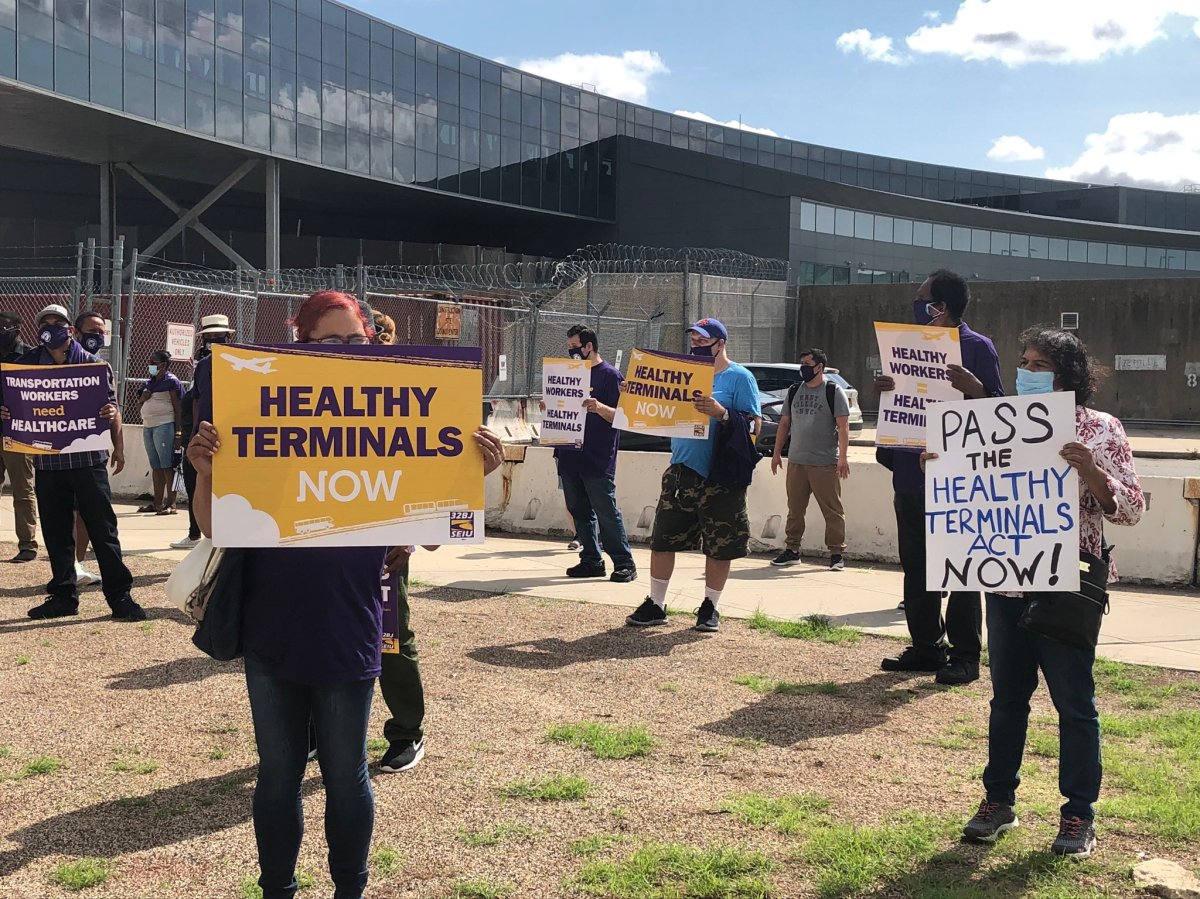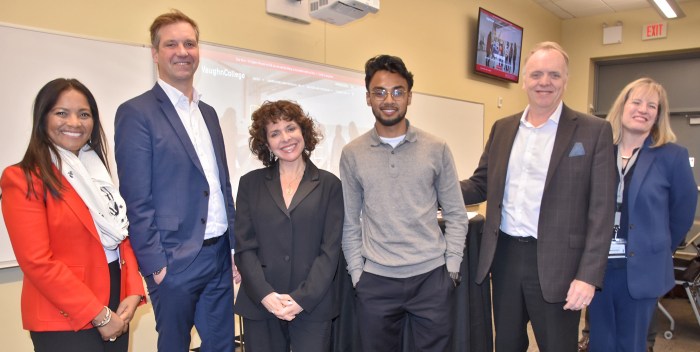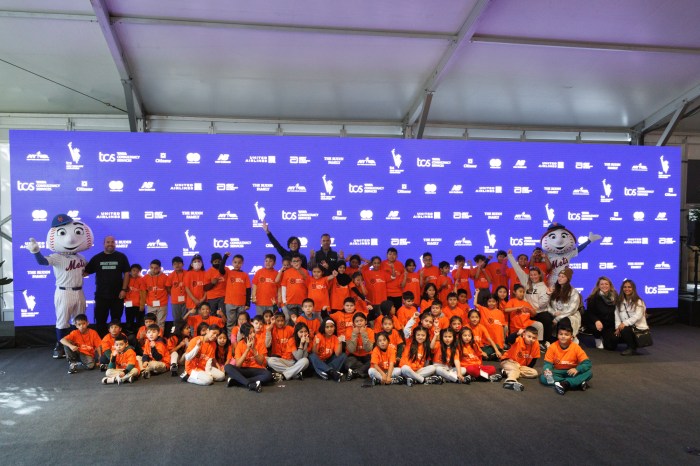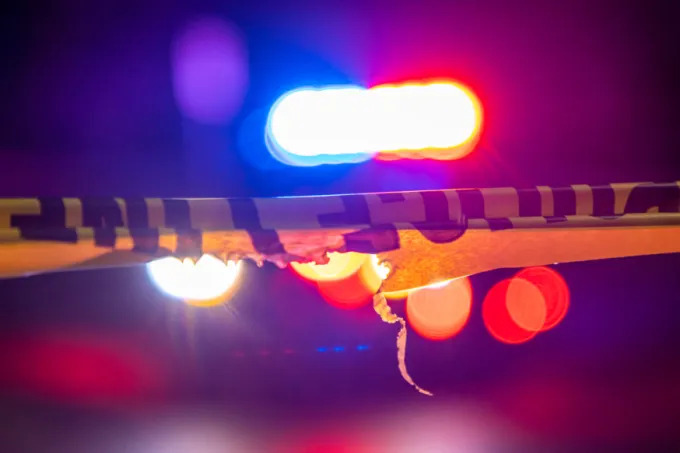As many as 25,000 airport workers at JFK and LaGuardia airports are on a path to win health care as both chambers of the state legislature have passed the historic Healthy Terminals Act.
After a long, hard-fought campaign, including a rally just outside JFK just days earlier, the predominantly Black and immigrant wheelchair attendants, security officers, cabin and terminal cleaners and other sub-contracted workers, are a signature from Governor Andrew Cuomo away from winning life-saving health care benefits.
“Workers of color have kept this country together throughout the COVID-19 pandemic, even without the basic protection of adequate healthcare,” Vladimir Claijeune, a Haitian American JFK security officer, said. “This is a victory in the much larger fight for racial and economic justice. In our corner of the world, we have shown we can make a difference for the thousands of Black, Latino and immigrant workers who make up the fabric of our airports.”
Airport workers are currently exposed to numerous employer-provided health plans, including many that won’t even qualify as health insurance, with sky-high premiums, co-pays and deductibles. Many often choose to go without health insurance due to the high cost as they work in some of the most heavily trafficked airports in the world.
“Our state needs a healthy workforce so people can do their best serving the traveling public. Frontline airport workers have risked their lives by showing up to work during the COVID-19 pandemic and other health crises because they cannot afford to stay home,” Assemblywoman Alicia Hyndman, sponsor of the Healthy Terminals Act, said. “Nothing is more important than protecting the people whose job it is to protect us, and adequate, affordable health insurance is their first line of defense. I am proud to stand with airport workers during their fight for healthcare.”
The coronavirus pandemic, as well as other scares like Ebola and SARS, only exposed what workers in major transportation hubs have always known, that they are on the frontlines of any health crisis.
“Essential airport workers secure terminals, sanitize planes, keep passengers safe and our economy running,” 32BJ SEIU President Kyle Bragg said. “They are predominantly Black and immigrant workers who have been devastated by the COVID-19 pandemic, all the while dealing with systematic racism that impacts every aspect of their lives. We look forward to Governor Cuomo signing this bill, which could be the nation’s farthest-reaching policy to impact the health and well-being of essential workers of color.”
In 2011, as many as 10,000 sub-contracted workers at JFK and LaGuardia mounted one of the most successful union organizing campaigns for fair wages and union rights since the reaction of the Fight for $15. Since then, 32BJ SEIU union members have been at the forefront in the fight for dignity and respect on the job and the professionalization of vital services at the region’s airports.
“When Governor Cuomo signs this bill, it will change our lives and give us the protection we need to do our jobs,” JFK Wheelchair Attendant Jordany Bueno said. “I have epilepsy, which is very expensive since I don’t have health insurance. I’m looking forward to going back to work and helping the passengers, but I’ve been worried. We may have masks and gloves, but the most important protection is healthcare.”
The landmark Healthy Terminals Act will require employers at New York airports to compensate workers, including sub-contracted passenger services workers, at least a $4.54 benefit supplement that they will be able to use to acquire the quality health insurance they desperately need. Laid off JFK baggage handler Floyd Adonis, who owes over $14,000 after being hospitalized three times this year with a heart condition, hailed the passage of the Healthy Terminals Act.
“As essential workers, we know we can be exposed to all kinds of illnesses, whether or not there’s been a pandemic,” Adonis said. “People need healthcare every day. As frontline workers, we need to be protected not just for ourselves, but for the passengers we come in contact with.”





































